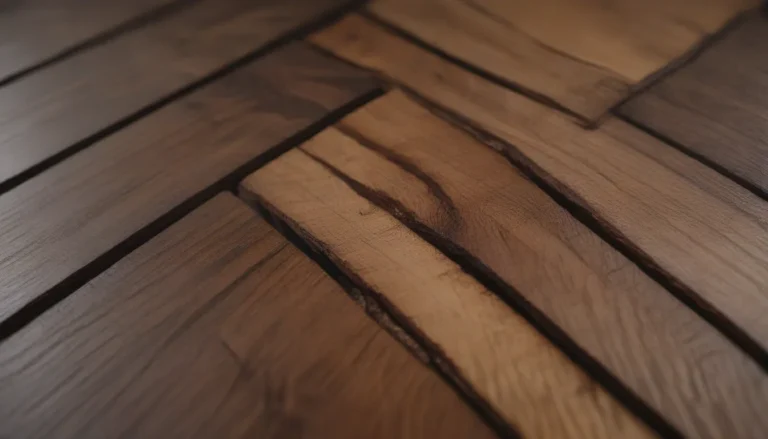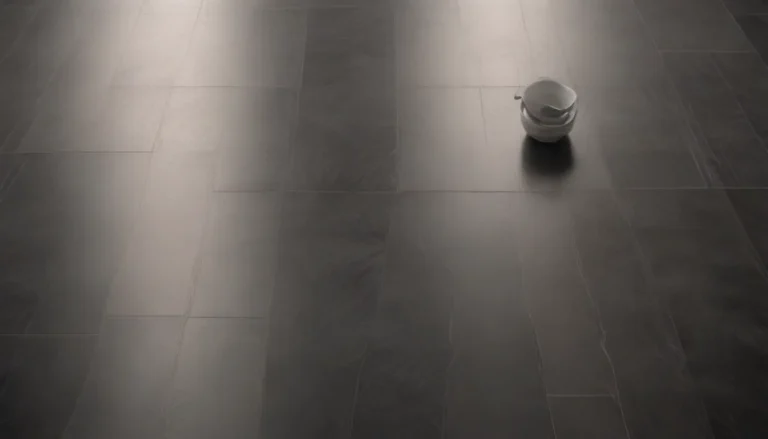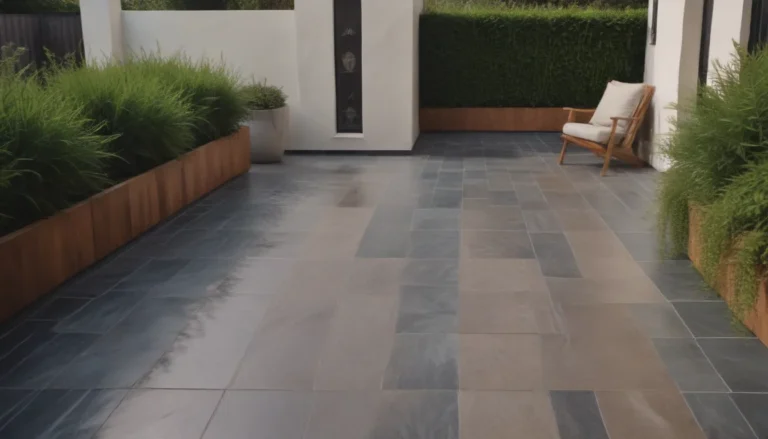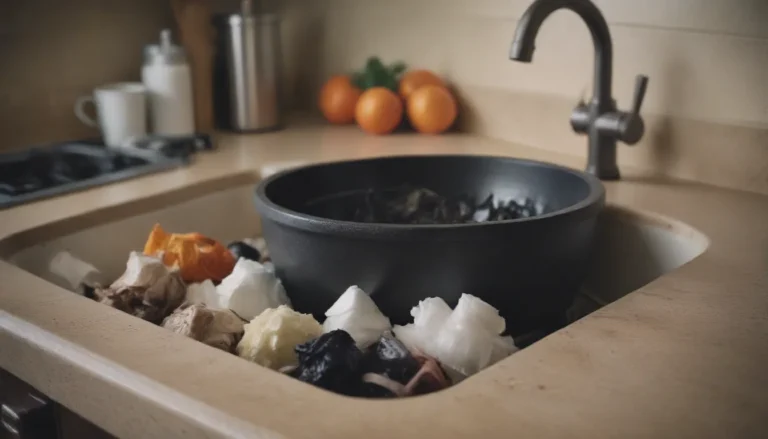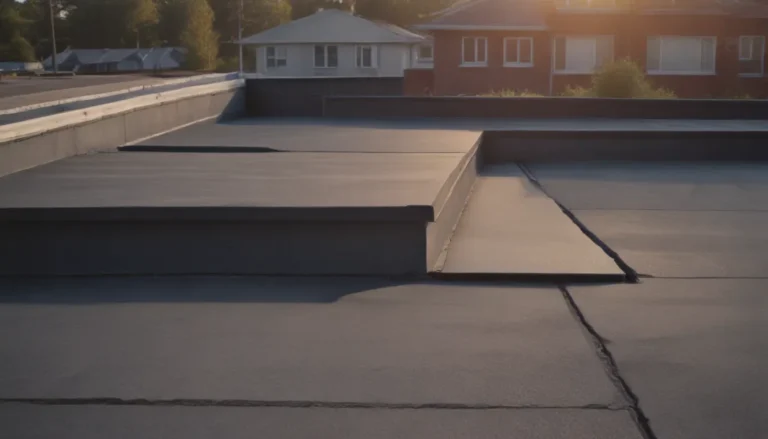How to Handle Noisy Water Heaters: A Comprehensive Guide
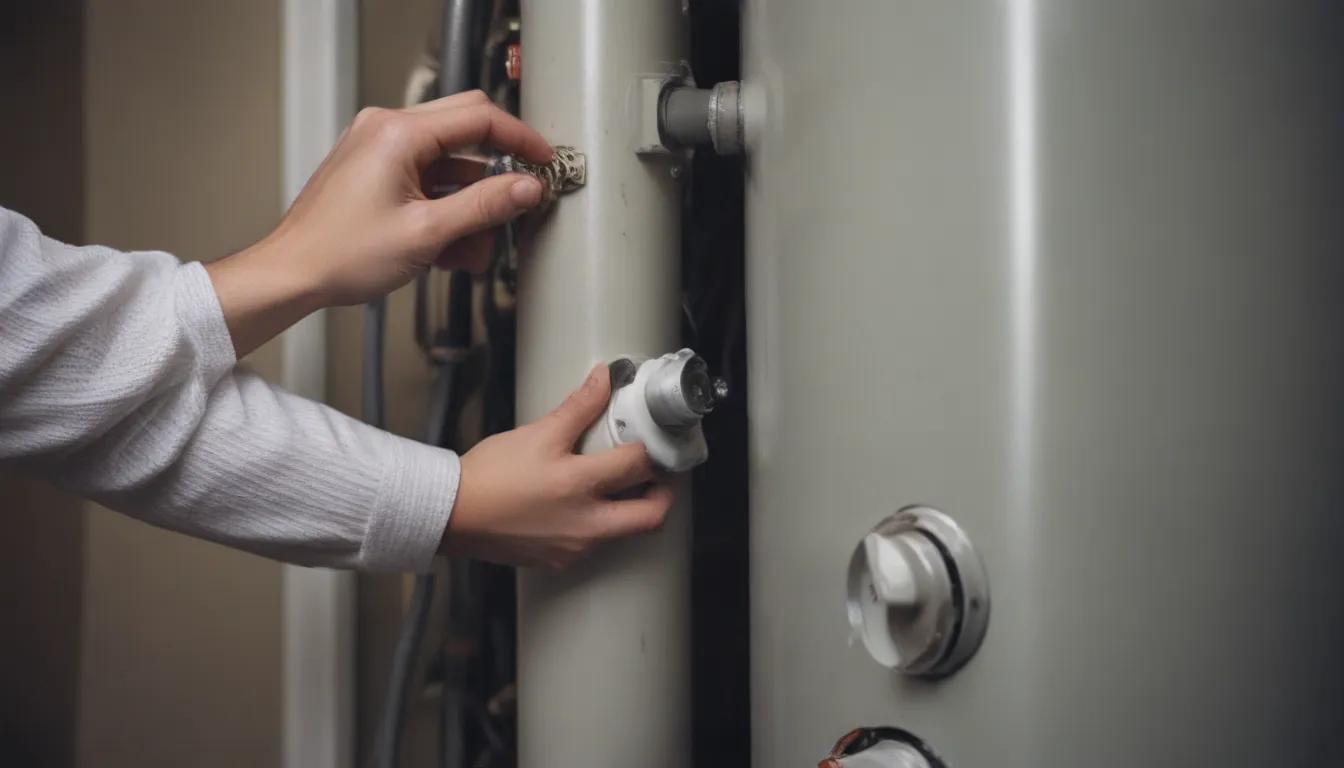
Welcome to our guide on how to deal with noisy water heaters! If you’ve ever experienced strange sounds coming from your water heater, you’re not alone. These noises can be alarming, but they often have simple solutions. In this article, we will explore the common causes of water heater noises and how to address them.
What Causes Noises in Water Heaters?
Before we dive into the specific sounds your water heater might make, let’s understand why these noises occur in the first place:
- Mineral Build-Up: Sediment and mineral deposits can accumulate in the tank over time, leading to a range of issues.
- Water Pressure Changes: Fluctuations in water pressure can cause ticking and hammering sounds.
- Mechanical Issues: Problems with components like anode rods and relief valves can also contribute to noisy operation.
Now, let’s look at some of the common noises you might hear from your water heater and what they mean:
Rumbling:
One of the most common noises in water heaters is a rumbling sound, often caused by sediment build-up in the tank. To address this issue, you can try flushing and draining the tank to remove the sediment. Alternatively, a descaling solution can help break down mineral deposits.
Popping:
Similar to rumbling, popping noises are often a result of sediment and limescale build-up. Flushing the tank or using a descaling product can help eliminate these deposits and restore quiet operation.
Sizzling, Hissing, or Crackling:
These sounds are more common in electric water heaters and are usually caused by sediment at the base of the tank. Flushing and draining the tank annually can prevent this issue and ensure efficient heating.
Ticking:
Changes in water pressure, heat trap nipples, and loose pipe straps can lead to ticking sounds. While most of these issues are harmless, tightening or replacing pipe straps can eliminate the noise.
Screeching, Screaming, or Singing:
High-pitched noises indicate restricted water flow, often from the temperature and pressure relief valve. If you hear these sounds, it’s important to turn off the water and power source and contact a professional.
Banging or Hammering:
Water hammer refers to a banging sound caused by pressure surges in the plumbing system. Using a water hammer arrestor or pressure-reducing valve can help address this issue and prevent damage to pipes and the water tank.
Preventing Sediment Build-Up:
To prevent sediment accumulation in your water heater, consider using a water softener to reduce mineral content in your water supply. Additionally, annual flushing and draining of the tank can help remove sediment and maintain efficient operation.
When to Call a Professional:
While some water heater noises can be addressed through DIY methods, certain issues require professional intervention. If you hear loud or unusual sounds from your water heater, or if you notice signs of imminent failure like leaking water or foul odors, it’s best to contact a plumber for assistance.
In conclusion, understanding the causes of noisy water heaters and knowing how to address them can help you maintain your system and prolong its lifespan. By taking proactive steps to prevent sediment build-up and addressing issues promptly, you can ensure your water heater operates efficiently and quietly for years to come.
Remember, regular maintenance and timely repairs are key to a well-functioning water heater. If you have any concerns about your water heater’s performance or if you hear unusual noises, don’t hesitate to seek professional help. With the right care and attention, your water heater can continue to provide reliable hot water for your home.
